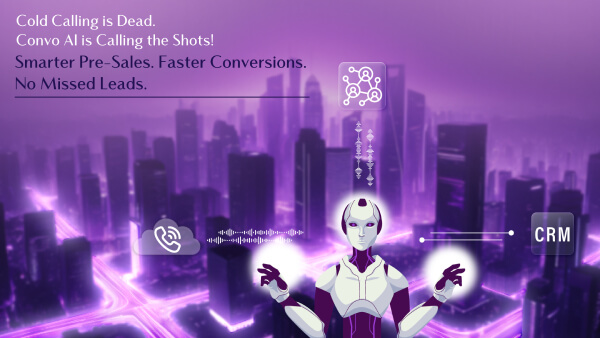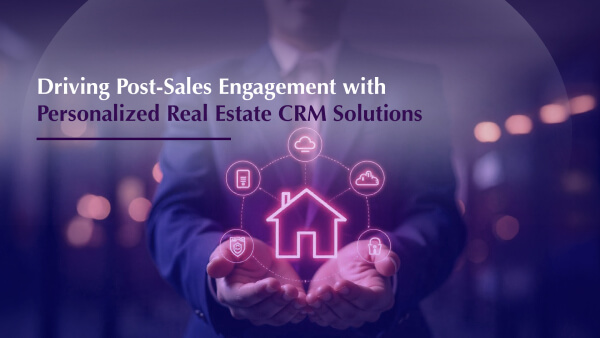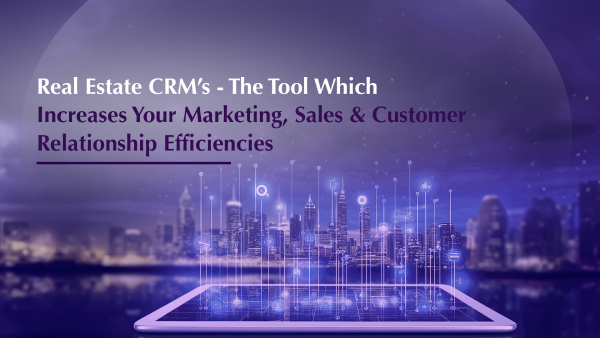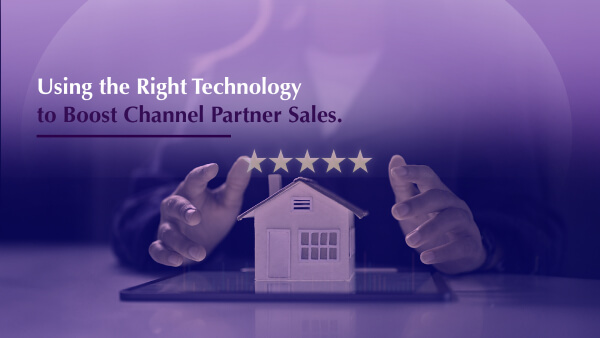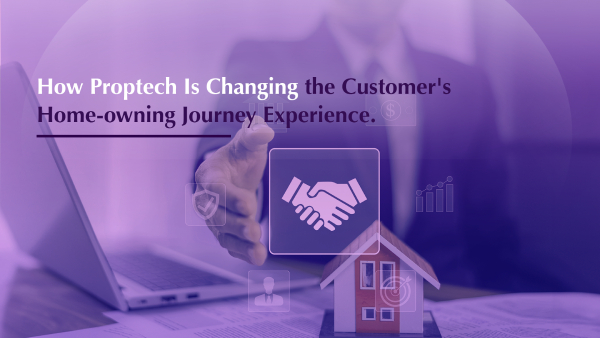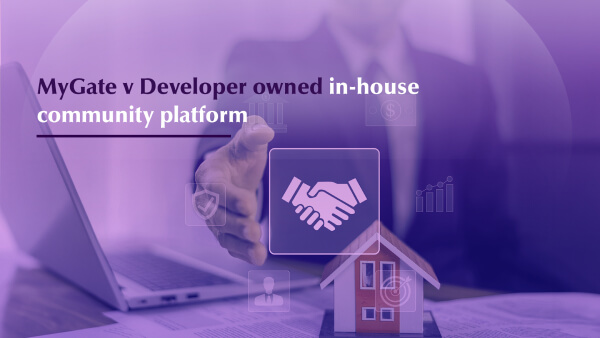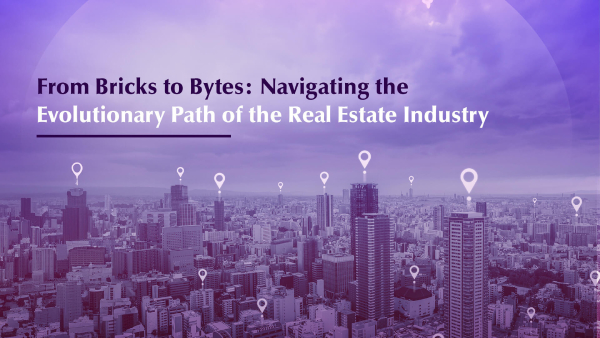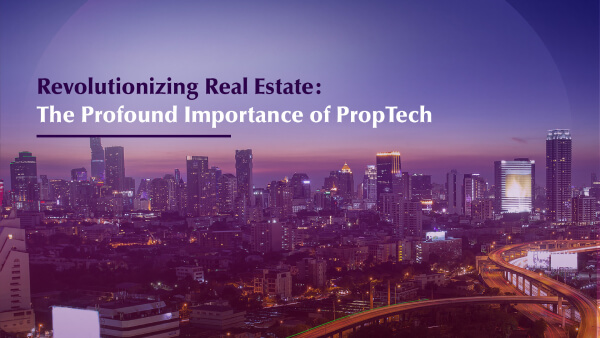The Real Problem with Using Salesforce in Real Estate
Salesforce is everywhere. From Fortune 500 companies to startups, it's become the go-to CRM platform across industries. So, when a real estate developer chooses Salesforce, it seems like a safe bet.
Until it isnt.
Because while Salesforce is powerful, it isn't purpose-built. And that becomes a real problem when you're in real estate — an industry where the sales process is long, complex, emotional, and layered with stakeholders.
So what exactly is going wrong? And what can you do about it?
Salesforce Doesnt Speak 'Real Estate'
Here's the truth: Salesforce doesn't understand square footage. Or project phases. Or slab-wise payment milestones. Or the chaos of juggling 20 site visits a day with 12 channel partners breathing down your neck.
It's a generalist CRM built for everyone - from insurance to e-commerce. But real estate isn't just another vertical. It's its own universe.
To make Salesforce work for a real estate developer, you need to build, customize, test, and tweak - a costly and time-consuming process. And even then, you're constantly making trade-offs.
Your Teams Aren't Using It
Let's face it—if your sales team has to click through 7 tabs just to log a follow-up, they won't do it. Most CRMs fail not because they lack features, but because people just stop using them.
With Salesforce, unless you've tailored every screen to your process, you'll hear the same feedback:
- “Too many fields”
- “Takes too much time”
- “I'll just use WhatsApp/Excel for now”
Real estate CRMs need to be mobile-friendly, fast, and built for on-the-go teams. Salesforce, on its own, rarely delivers that experience—unless you heavily invest in UI customization.
The Integration Headache
You use project ERPs. You list on property portals. You run Google Ads. You've got telephony systems and call centers and WhatsApp integrations.
But here's the kicker:
Salesforce doesn't natively talk to any of them in a way that's plug-and-play for real estate.
Setting up these integrations means:
- Hiring consultants
- Writing custom APIs
- Dealing with bugs
- Waiting for someone to “check with tech”
Meanwhile, your marketing team is flying blind, your leads are leaking, and your reporting dashboard looks more like a spreadsheet war zone.
It's a CRM, Not a Real Estate Growth Engine
Salesforce tracks leads. It automates tasks. It sends reminders.
But what about agent performance tracking across cities?
What about inventory blocking and reallocation?
What about launch campaigns and price-linked urgency triggers?
Salesforce wasn't built to handle the day-to-day realities of real estate sales velocity. And it doesn't come with built-in logic to adapt to how developers actually sell and service properties.
Add a Real Estate Brain to Your Salesforce Body
This is where Absolute CX steps in.
It doesn't replace Salesforce. It completes it.
Think of Absolute CX as a real estate automation CRM that slots right into Salesforce and immediately understands:
- How to qualify leads based on ticket size and location
- How to run channel partner performance reports
- How to automate site visit follow-ups and KYC collection
- How to provide unit-level booking journeys
- How to integrate with your ERP, marketing, and portal tools
With Absolute CX + Salesforce, you get the best of both worlds: Enterprise-grade infrastructure, plus industry-specific intelligence.
Salesforce Is a Great Start. But It Needs a Real Estate Finish.
If you're a real estate developer using Salesforce and wondering why your CRM isn't quite working for you, it's not a setup error- it's a strategy gap.
You don't need to ditch Salesforce.
You just need to supercharge it with Absolute CX - built by real estate people, for real estate outcomes.
No more stretching Salesforce to fit.
It's time for a CRM that fits you.






